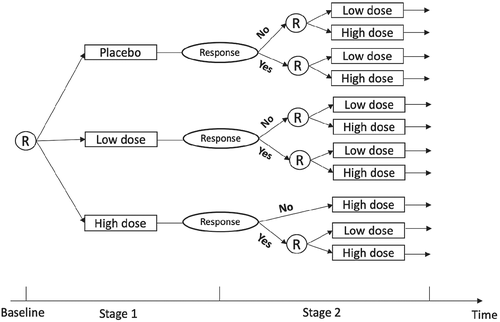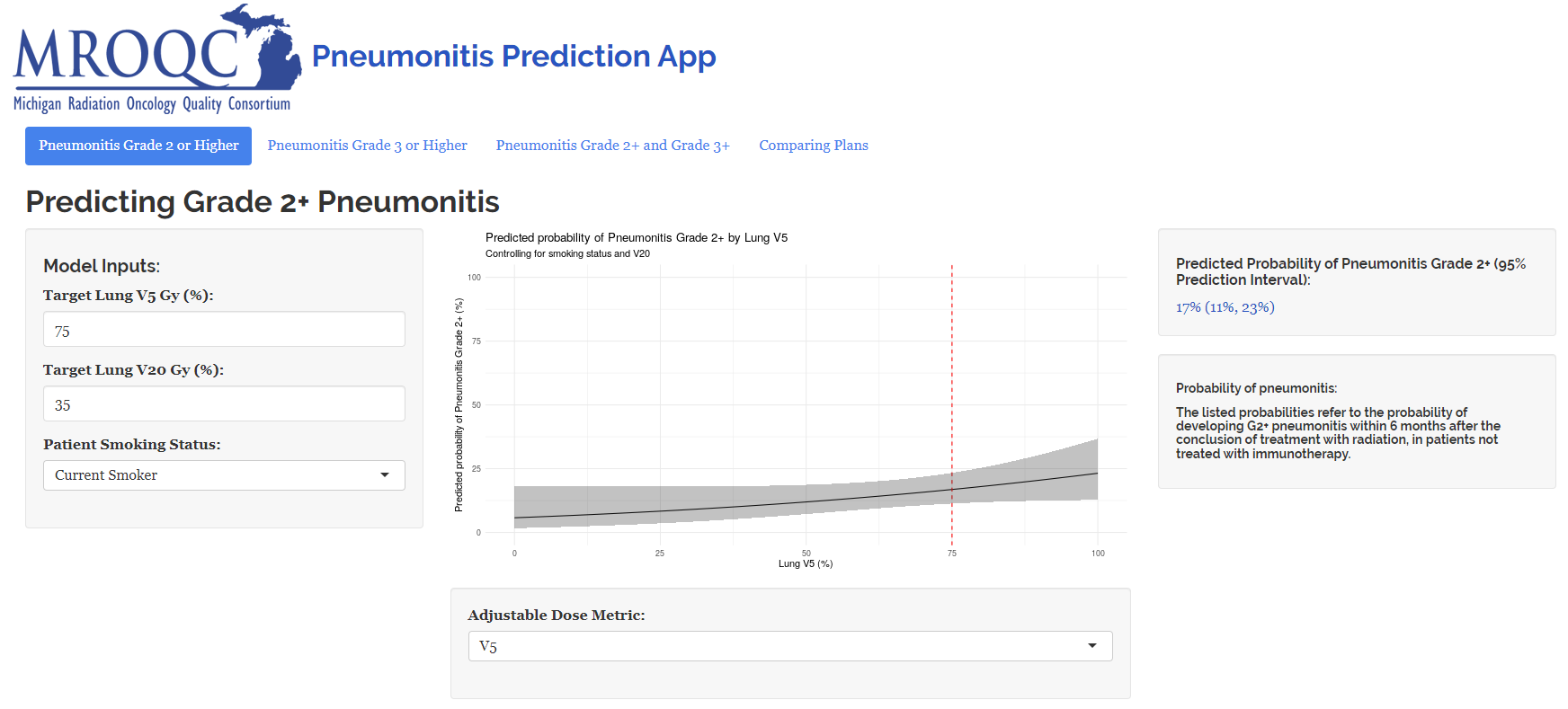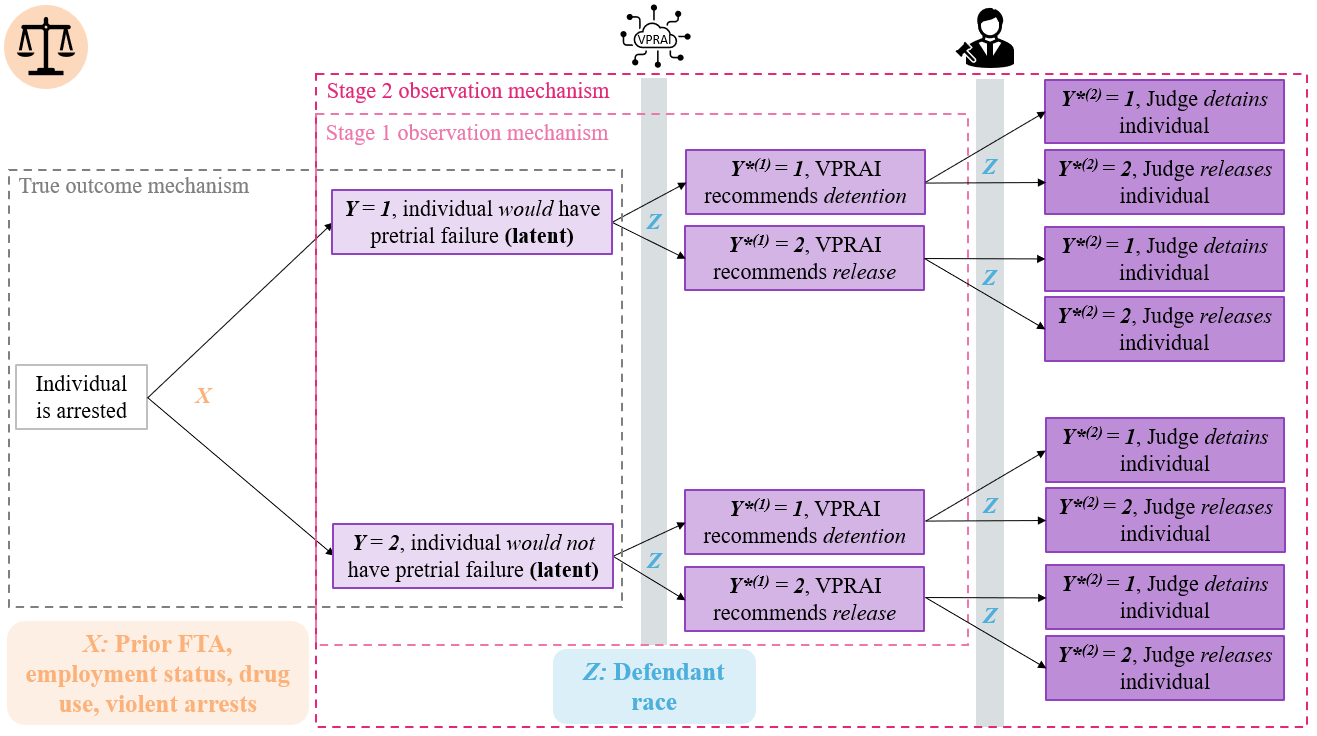In my research, I aim to answer questions in public health and the
social sciences by leveraging the complex mechanisms that underlie the
data generation process. In observational studies, data may be
imperfectly measured and using the observed, but potentially
mismeasured, data can cause bias in statistical estimates. Importantly,
this measurement problem does not dissipate with increasing sample size.
Thus, even in the age of “big data”, statistical methodology for
handling data measured with error is still particularly important.
In designing novel statistical methodology for imperfect data, I
develop tools to answer scientific questions and better understand the
world around us. To further my goal of creating and applying useful
statistical tools to address impactful problems, I seek out
collaborations with social and public health scientists. I aim to share
my methods with fellow statisticians and applied researchers by
developing user-friendly software to accompany my methodological
contributions.
\(~\)
Misclassification of Binary Variables
Much of my recent research is aimed at creating statistical methods
for dealing with differential misclassification in binary outcome and
mediator variables. In particular, I consider cases where a gold
standard measure is not available— making validation studies impossible.
I have applied these methods to study patterns of misdiagnosis in
diseases like myocardial infarction and gestational hypertension.
Clinical Trial Design and Methodology
I have also focused on designing clinical trials for specialized
settings, including rare diseases. Because of the limited number of
individuals affected by rare diseases, it is often difficult to accrue
enough participants in trials for new treatments and thus these trials
suffer from reduced power. In response to these challenges, I, along
with my colleagues, developed a new small n, sequential, multiple
assignment, randomized trial (snSMART) that is specifically intended for
small samples.
Fairness in Pretrial Detention
The increasing use of algorithms for decision-making poses a
challenge for our society. For example, risk assessment algorithms have
been developed and deployed to aid in pretrial detention decisions
within in the criminal justice system. While these tools were designed
to make predictions with greater accuracy than judges, there is still
concern that risk assessment algorithms may be biased against minority
groups. I aim to understand potential biases in algorithmic
decision-making by viewing the bias a “noisy labels” or
misclassification problem, and developing misclassification modeling
approaches to quantify prediction accuracy across groups in the
data.



